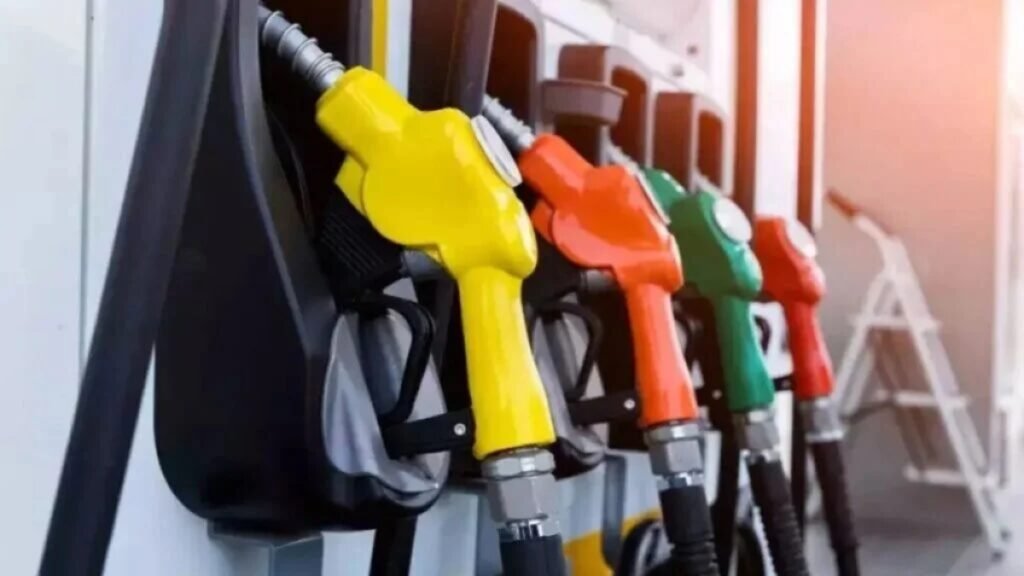In a development that may affect millions of vehicle owners and industries across the country petrol and diesel prices are projected to rise steadily over the next 15 days This anticipated increase comes amid global oil market fluctuations domestic tax structures and supply and demand dynamics While the government has not officially confirmed the hikes market analysts and energy experts have begun warning consumers and stakeholders to brace for higher fuel costs
Rising Global Crude Oil Prices
One of the main factors driving this forecasted price hike is the surge in global crude oil prices Over the past few weeks crude oil benchmarks such as Brent and WTI West Texas Intermediate have seen consistent increases due to a combination of geopolitical tensions production cuts by OPEC countries and increased demand in recovering economies post pandemic As crude oil forms the base cost of both petrol and diesel any volatility in the international market directly impacts domestic prices
Brent crude is currently trading above 85 per barrel and experts predict it could reach 90 if the current trend continues This pressure on upstream pricing often translates to increased costs at the fuel pump especially in countries like India where more than 80 percent of crude oil is imported .
Also read:Four Parties Shortlisted for PIA Privatization Approved to Participate in Bidding
Impact of Currency Fluctuations
Another contributing factor is the depreciation of the Indian Rupee against the US Dollar Since oil imports are dollar denominated a weaker rupee makes each barrel more expensive Over the past month the rupee has shown volatility hovering near the 83 mark against the US dollar This currency pressure exacerbates the cost of fuel for oil marketing companies OMCs who may pass on this burden to end consumers
Local Tax Structures and VAT
While global and currency factors play a role local taxation policies also influence fuel prices Both central excise duty and state level value added tax VAT comprise a substantial portion of fuel costs Some state governments have already hinted they may not reduce VAT anytime soon due to revenue dependencies meaning that consumers may not receive relief at the state level even if the central government attempts to mitigate price hikes
With elections in various states on the horizon some governments may consider temporary adjustments but this remains speculative In the absence of fiscal intervention the natural course is an upward price correction by oil companies
Oil Marketing Companies Likely to Revise Rates
Oil Marketing Companies such as Indian Oil Corporation Bharat Petroleum and Hindustan Petroleum are expected to revise retail rates in response to international pricing trends and internal cost assessments Historically these companies review fuel prices on a daily basis though actual price adjustments may occur after intervals based on political economic and logistical considerations
Industry insiders suggest that the increase could range between 150 to 3 per litre over the fortnight depending on regional dynamics and refining costs If crude oil prices continue to rise these numbers could go even higher
Potential Impact on the Common Man
A price hike in petrol and diesel often triggers a cascading effect across sectors Transportation costs increase leading to potential rises in food prices manufacturing expenses and logistics For everyday commuters even a marginal increase means a significant hit to monthly budgets especially in metropolitan areas where vehicle dependence is high
Public transport operators ride sharing services and delivery companies are also expected to factor the increased costs into their pricing models potentially affecting affordability for consumers
Governments Possible Role
While there is no official word from the Ministry of Petroleum and Natural Gas there is growing speculation that the government may monitor the situation closely If the fuel price rise becomes politically sensitive or leads to public unrest there might be pressure to intervene either through excise duty reduction or fuel subsidies though such moves have budgetary implications

Conclusion
With petrol and diesel prices likely to increase over the next 15 days consumers and businesses alike must prepare for higher fuel bills The interplay of global oil prices currency values domestic taxation and corporate pricing strategies all contribute to the final cost at the pump While there is hope that government intervention or market correction might bring some relief the immediate outlook suggests a phase of rising prices that could strain both wallets and supply chains in the near future .
